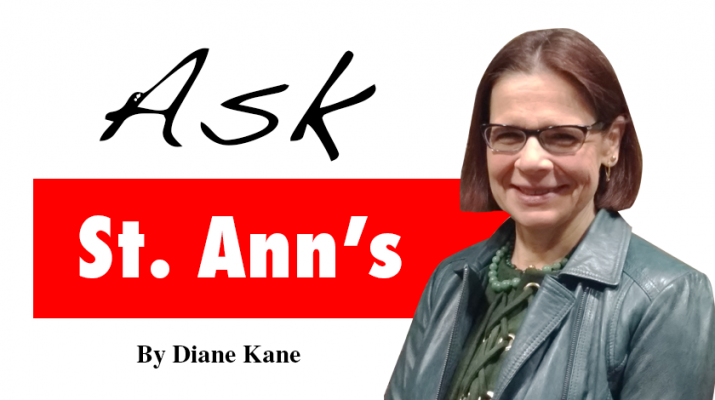By Diane Kane, MD
Those words were sung by Ella Fitzgerald in 1956, as penned by Cole Porter.
During the summer, many of us may feel that “it’s too darn hot.” But for people age 65 and older it can be more than just uncomfortable — it can be dangerous.
Impact on the elderly
Older adults are less likely to sense and respond to changes in temperature. In addition, their bodies naturally contain less water as a percentage of their body weight, which means they have less water to lose before becoming dehydrated.
Dehydration occurs when you lose more fluid than you take in, and your body doesn’t have enough to perform its normal functions. If you don’t replace lost fluids, you will get dehydrated.
Among older people, dehydration is one of the most common hazards of hot, humid weather. Even mild dehydration can affect mental performance (memory, alertness, reaction time) and increase feelings of tiredness. Complications may also include low blood pressure, weakness, dizziness, and increased risk of falls.
Additional risk factors
Individuals with severe diabetes or kidney disease are also at high risk of dehydration. Medications that increase urination can also increase your risk. Even having a cold or sore throat makes you more susceptible to dehydration because you’re less likely to feel like eating or drinking.
Know the signs
Two early signs of dehydration are thirst and dark-colored urine. These indicate that your body is trying to increase water intake and decrease water loss.
Other signs of dehydration include:
• Dry mouth, lips or eyes
• Dry skin
• Drowsiness, confusion or disorientation
• Dizziness
• Low blood pressure
It’s important to note that many of these signs can also be present in conditions other than dehydration.
Preventing dehydration
Often, older adults don’t feel thirsty until they’re already dehydrated. That’s why it’s important to be conscious of your water intake and increase it during hot weather. (Don’t wait until you’re thirsty to drink.) If you’re the caretaker of an older adult, recognize when he or she is not drinking enough and help the patient to drink more.
Other tips for staying cool and avoiding dehydration include:
• Stay in air-conditioned buildings as much as possible.
• Don’t rely on a fan as your primary cooling method during extreme heat.
• Eat light, cold meals like chicken or pasta salad instead of heavy, hot dishes.
• Eat foods that are high in water content, like cucumbers, watermelon, zucchini, and strawberries.
• Keep window shades closed during the hottest part of the day.
• Wear loose, lightweight, light-colored clothing.
• Take cool showers or baths to cool down.
• Check on elderly neighbors and have someone do the same for you.
You can usually reverse mild to moderate dehydration by following these tips, but severe dehydration needs immediate medical treatment. Seek medical care immediately if you or someone you know has symptoms of severe heat-related illness such as muscle cramps, headaches, nausea or vomiting.
Physician Diane Kane is chief medical officer at St. Ann’s Community. She is board-certified in internal medicine, geriatrics, hospice and palliative medicine and has been involved in senior care for 29 years. Contact her at dkane@stannscommunity.com or visit www.stannscommunity.com.


